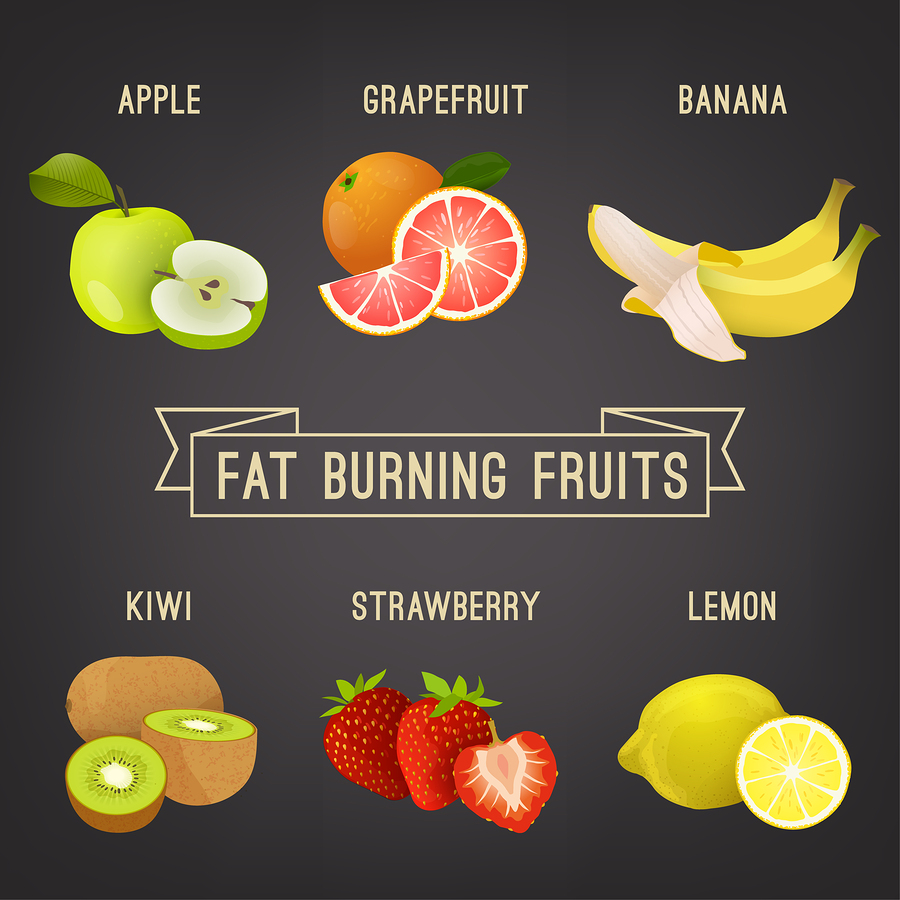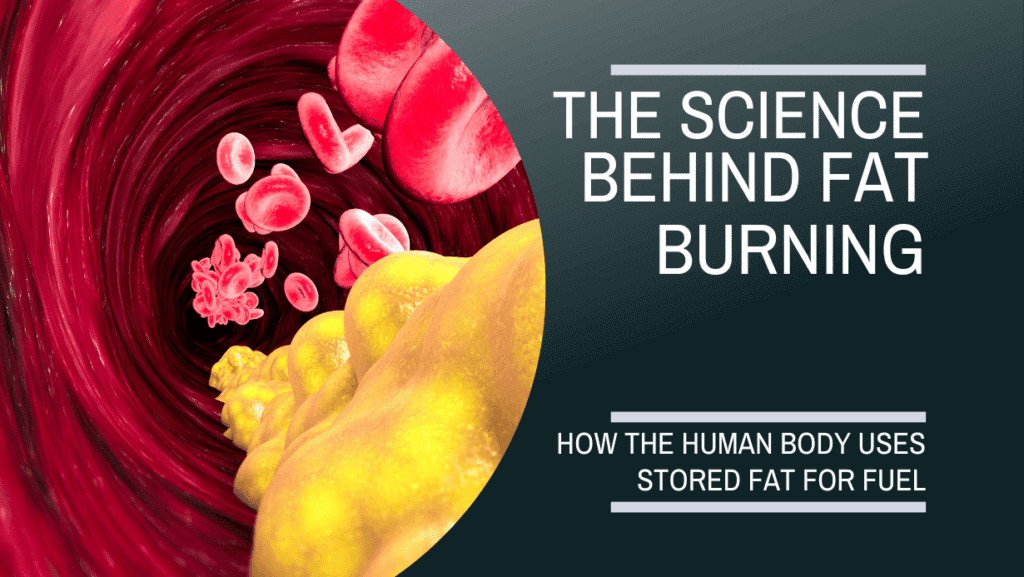The 7 Principles Of Fat Burning

Imagine waking up with energy that lasts all day, feeling lighter, healthier, and more confident in your own skin. It's a dream many share, fueled by the desire to understand the secrets of effective fat burning. Forget the quick fixes and fleeting trends. Instead, let's delve into seven core principles that lay the foundation for sustainable and healthy weight management.
This article unpacks the seven principles of fat burning. We will explore how these cornerstones, built upon scientific understanding and practical application, can pave the way for a transformed you.
The Foundation: Understanding Fat Burning
Fat burning, at its core, is about creating an energy deficit. This means that you are using more calories than you consume. When this happens, your body turns to its stored fat reserves for energy.
However, the process is more complex than simply eating less. It involves hormones, metabolic processes, and lifestyle factors that all play a crucial role.
Principle 1: Caloric Deficit – The Golden Rule
The fundamental principle of fat burning is creating a calorie deficit. To lose weight, you need to expend more energy than you consume.
This can be achieved through a combination of dietary adjustments and increased physical activity.
A deficit of 500-750 calories per day is often recommended, leading to a safe and sustainable weight loss of 1-2 pounds per week, according to the National Institutes of Health.
Principle 2: Prioritize Protein Intake
Protein is essential for preserving muscle mass while in a calorie deficit. It also helps you feel fuller for longer, reducing the likelihood of overeating.
Protein also has a high thermic effect, meaning your body burns more calories digesting it compared to carbohydrates and fats.
Aim for around 0.8-1 gram of protein per pound of body weight. Include sources like lean meats, poultry, fish, eggs, beans, and lentils.
Principle 3: Embrace Strength Training
Strength training is crucial for building and maintaining muscle mass. Muscle tissue is metabolically active, meaning it burns more calories at rest than fat tissue.
By increasing your muscle mass, you effectively boost your metabolism, making it easier to burn fat.
The American College of Sports Medicine recommends strength training at least two days per week, targeting all major muscle groups.
Principle 4: Optimize Sleep
Sleep is often overlooked but plays a vital role in weight management. Lack of sleep can disrupt hormones that regulate appetite, such as ghrelin and leptin.
Poor sleep can lead to increased cravings for unhealthy foods and reduced willpower to stick to your diet. Aim for 7-9 hours of quality sleep each night.
Establish a relaxing bedtime routine, ensure your bedroom is dark and quiet, and avoid screen time before bed.
Principle 5: Manage Stress Levels
Chronic stress can lead to increased levels of cortisol, a hormone that promotes fat storage, particularly around the abdominal area. Elevated cortisol can also trigger cravings for sugary and fatty foods.
Find healthy ways to manage stress, such as practicing mindfulness, meditation, yoga, or spending time in nature.
Even simple activities like deep breathing exercises can help reduce cortisol levels.
Principle 6: Mindful Eating
Mindful eating involves paying attention to your body's hunger and fullness cues. It encourages you to savor your food, eat slowly, and avoid distractions.
By practicing mindful eating, you can prevent overeating and develop a healthier relationship with food.
Try eating without the TV on, put your phone away, and focus on the taste, texture, and aroma of your meal.
Principle 7: Stay Hydrated
Water is essential for countless bodily functions, including metabolism and fat burning. It helps transport nutrients, remove waste products, and keep you feeling full.
Sometimes, we mistake thirst for hunger, leading to unnecessary snacking. Drinking enough water throughout the day can help curb cravings and support weight loss.
Aim for at least eight glasses of water per day, and increase your intake if you are active or live in a hot climate. Carry a reusable water bottle with you as a reminder to stay hydrated.
The Significance of a Holistic Approach
These seven principles are most effective when applied holistically. They are not isolated strategies, but rather interconnected components of a healthy lifestyle.
Focusing on one principle while neglecting others may yield some results, but it is unlikely to lead to sustainable success. A balanced approach addresses multiple aspects of health and well-being, promoting long-term weight management.
It is crucial to remember that sustainable fat burning is not about deprivation or extreme measures.
Debunking Myths and Misconceptions
The world of weight loss is rife with myths and misconceptions. Fad diets that promise rapid weight loss are often unsustainable and can even be harmful.
Avoid restrictive diets that eliminate entire food groups. Instead, focus on creating a balanced eating plan that you can maintain long-term.
It's also important to be wary of supplements that claim to be miracle fat burners. Many of these products are ineffective and may contain harmful ingredients. Consult with a healthcare professional or registered dietitian before taking any weight loss supplements.
Real-World Applications and Examples
Many people have successfully transformed their lives by embracing these seven principles. Their stories serve as inspiration and demonstrate that sustainable weight loss is achievable with dedication and consistency.
Sarah, a 35-year-old mother of two, lost 40 pounds by focusing on protein intake, strength training, and mindful eating. John, a 50-year-old office worker, improved his sleep, managed his stress, and stayed hydrated, resulting in a significant reduction in abdominal fat. These are just two examples of how these principles can be applied to achieve real results.
The key is to find what works best for you and to make gradual, sustainable changes that fit into your lifestyle.
Looking Forward: Embracing the Journey
Embarking on a fat-burning journey is not a sprint, it's a marathon. There will be ups and downs, challenges and triumphs.
Be patient with yourself, celebrate your progress, and don't be afraid to seek support from friends, family, or professionals.
Remember that your worth is not defined by your weight. Focus on feeling healthier, stronger, and more confident in your own skin.
Ultimately, the seven principles of fat burning are not just about losing weight; they are about creating a healthier, happier, and more fulfilling life. By embracing these principles, you can unlock your full potential and live the life you've always dreamed of.


















